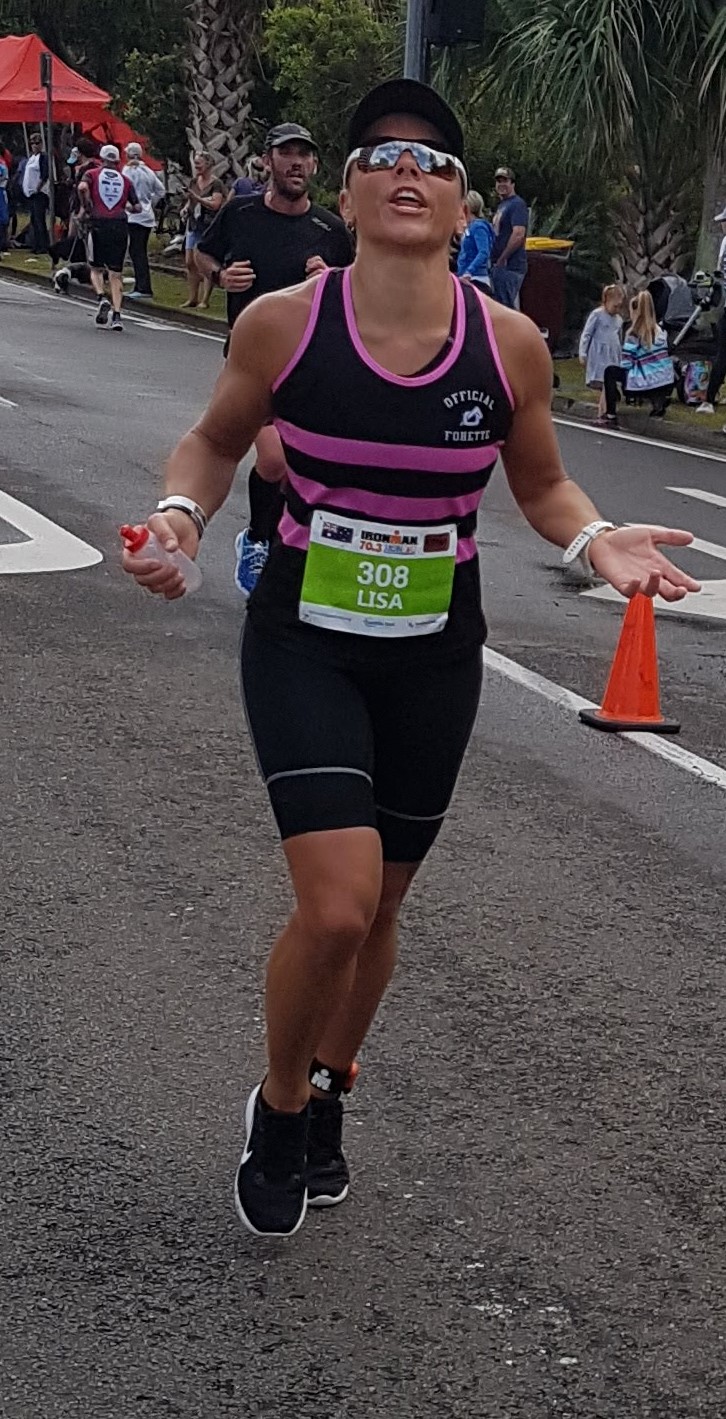I remember last year finishing 7am-7pm clinics, getting home for 8pm and trying to wind the mind down in time to have a decent sleep so I could get up and train the next morning. I could rarely wind down before 11pm, and then a 4.30- 5am alarm would be most unwelcome. A key bike set that I’d been so keen to hit the night before would in the stark morning light (or grey dusk) suddenly seem impossible and my body just could not reach the goals. Granted I had an idea of what was going on given the physiology study during my degree but it would still frustrate me no end. In my head I would be thinking; but I sat on my arse in a chair all day yesterday (not strictly true as there would have been pre-work training but you get the idea), my legs should be rested! Recently with the post-COVID ramp up in ‘work’ and ‘life’ stressors I am seeing a number of my athletes struggling in the same fashion with training sessions, perhaps with less understanding of the reasons why.
I’m sure you’ve heard of the steroid hormone cortisol, otherwise known as the ‘Stress’ or ‘Fight or Flight’ hormone? It’s an interesting hormone in that it has the dichotomy of helping to control a lot of important functions in our body; such as blood glucose levels and blood pressure, but can also be quite dire for our health when we have chronically raised levels. Cortisol is necessary in physically stressful situations i.e. a race or intense training session because it prepares our body for the need to act. It does this by increasing rate and depth of breathing, increasing muscle tension, improving availability of sugar in the blood stream, diverting blood flow to large muscle groups, and increasing perspiration to cool the body. It heightens alertness and focus. All this can lead to improved performance. Huh?! So how come your training sessions get worse after a stressful period at work or in life. As in my post-clinic scenario an activated stress response can cause sleeping difficulties and fatigue through constant ‘alertness’. Your body reacts the same way to emotional stress as it does to impending physical stress. When you then come to hit this response for training, you’ll find that it is decidedly tapped out! Not to mention that your focus and priority may have been shifted to work, or whatever other life stress is haunting your thoughts.
Chronic stress can also cause more frequent infections or illnesses, digestive problems, changes in appetite, anxiety, increased inflammation and depression. I don’t think I need to go into detail about how these things will be a decrement to your training performance and recovery. The antidote to stress is inducing the parasympathetic response, which in essence causes the opposite reactions in our bodies; also known as ‘rest and digest’.
All this might be sounding a bit grim when you find you’re stuck with work or life stress, and it’s hard to tap into the ‘rest and digest’. So what can you do to limit the damage to your health and training:
- It always feels a bit preachy to me, but of course you can take some time out for mindfulness, or practices such as meditation, yoga or Tai Chi (yeah, ok, I didn’t think so….you’re a typical triathlete).
- Managing your training load and intensity is up there as one of the more important things to offset other life stressors. A concrete example of this would be moderating an athlete’s training sessions to be <Z3 whilst they are going through higher stress periods. Practically it would be looking for sessions where you can get more bang for buck, so they don’t sap as much time.
- Along this same line you can potentially time recovery weeks with heavier work or travel weeks to balance out the stress.
- Miss a morning training session to have a sleep in when you are feeling particularly wiped.
- Cut down warm ups and cool downs to save time.
- Add extra recovery days.
- Ultimately exercise flexibility with goals (particularly race goals) so that training does not become an added stress. Afteral; if you’re an AG athlete this is your hobby, and it should not be adding excessive stress to your life!
Above all; communicate with your coach when there are more stressful times in your life so they can help to support you with these and modify your training to accomodate.

